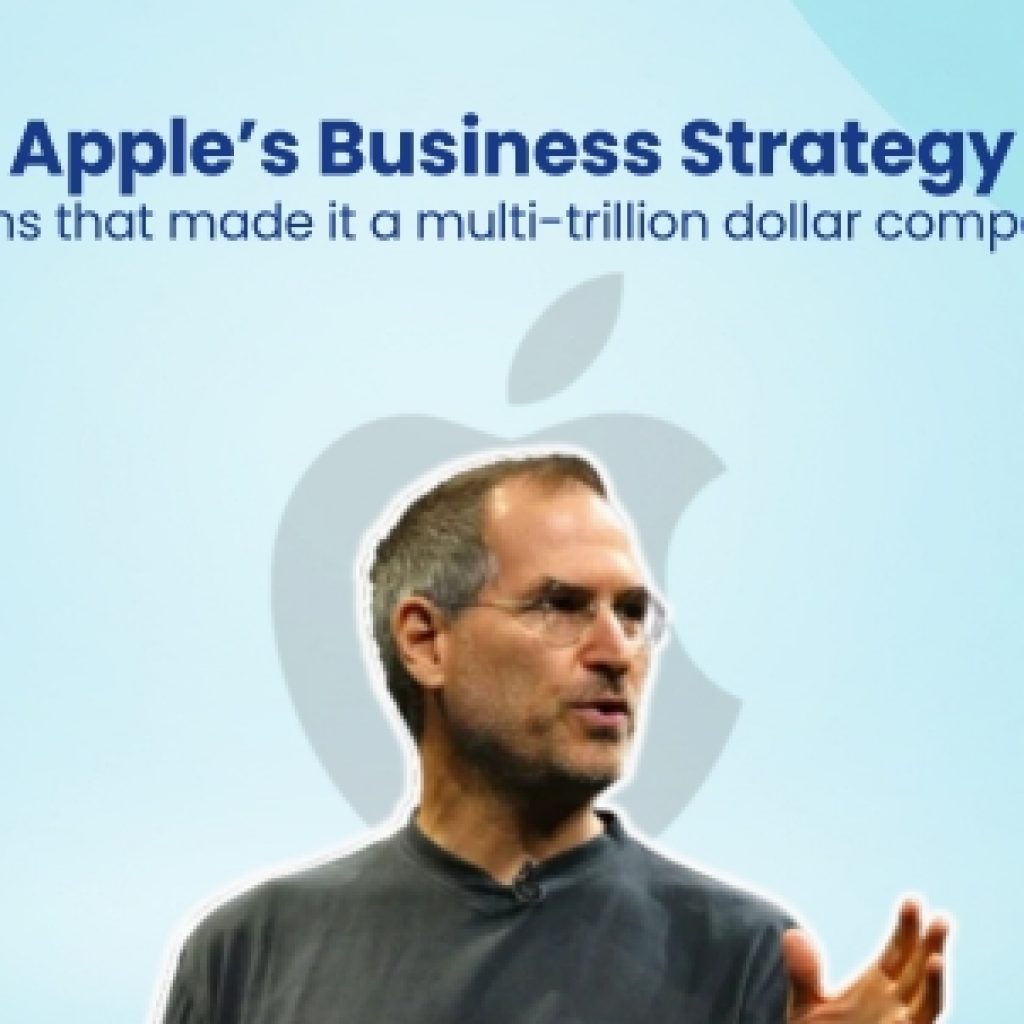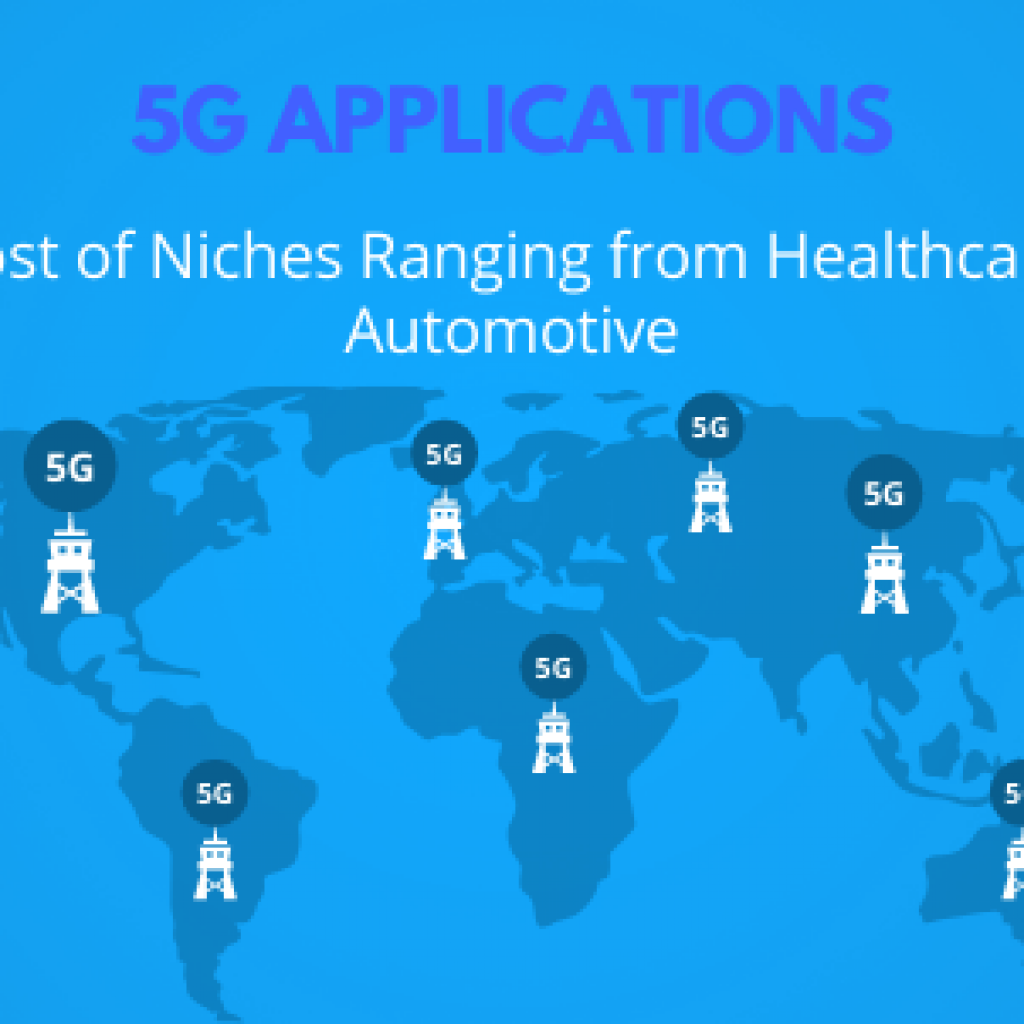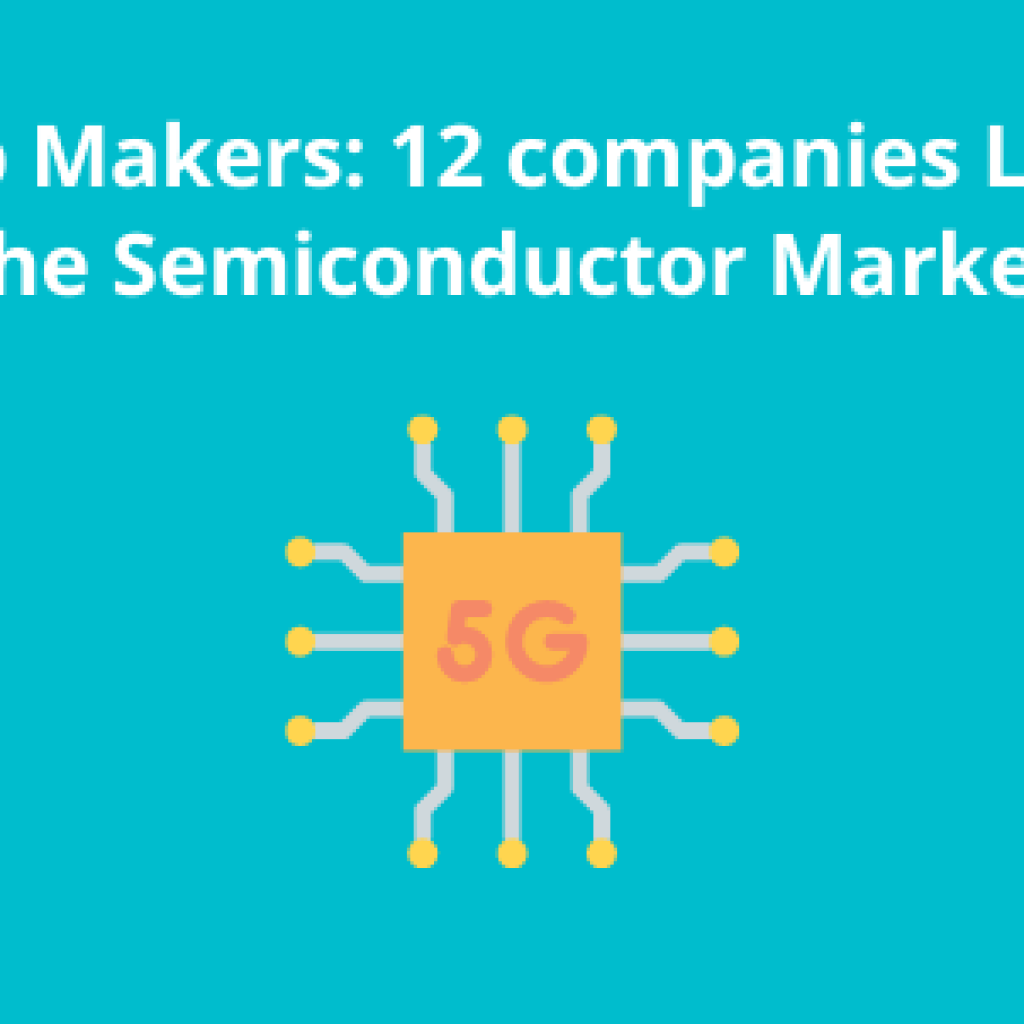This year, I joined an IP company as part of my internship, and to be honest, before this, I had little to no idea about this field.
– Meghna, Patent Monetization, GreyB
Transitioning from a laid-back college routine to work life is challenging as is, but when you enter the world of Intellectual property, your life takes a whole other turn. Known for its intricacies and legal jargon, the IP industry can be intimidating for many. However, at GreyB, we break down the complexity with hands-on training.
How, you might ask?
Meet Meghna, our newest intern, who went from being a total “newbee” to working on a real project!
Sub: Tell me, and I forget. Teach me, and I remember. Involve me, and I learn.
Moving to a new phase of life, from being a student diving into books to clearing university exams to someone handling real-world projects that have the potential to impact various technical domains through IP, all of this has been an intriguing life experience.
For me, this internship was a transition from one world to another. And, like every other student, I was nervous yet pretty excited!
They called themselves the ‘Grey-Bees,’ signifying individuals who can think beyond limits. Three months into being part of this group, I discovered the reason behind that distinctive name.
So, kicking off my journey from the very start, I received the Orientation plan. It went on for a solid three days, and post that, the training phase kicked in. The training plan was pretty thorough, covering everything from the fundamentals to the intricacies of the IP field. We had sessions led by experienced professionals in the domain.
We went through the basics, like types of intellectual properties, patent filing procedures, and rejections faced, all the way to more intricate details such as patent numbers, codes, their meanings, file history analysis, and even advanced and strategic approaches like citation analysis, patent monetization strategies, out-of-the-box search strategies, and patent rankings, and more.
I’m out of breath already!
After about a month into this training routine, I was assigned to my current team – Team Monetization. Here, my initial work revolved around “Understanding a Patent.”
As a patent analyst, a person must clearly understand what the patent is about. Initially, I had a basic idea and began my patent understanding based on that.
However, it turned out that there was much more than I initially thought!
My mentor told me: “Just reading won’t do the part; you have to understand it well. You have to know about the technology first and how it’s applied around you”.
Soon, I grasped that merely reading the patent was insufficient. I needed an in-depth understanding of the core concepts, contemplating various use cases, and exploring applications in real-life scenarios to appreciate their practical utility.
There wasn’t a ‘perfect way’ handed to me; I had to figure it out. This is because GreyB believes everyone has their own approach, and what works for one may not for another. So, we were encouraged to experiment.
And guess what happened next? I made mistakes in the Patent Understanding part, which appeared to be the easiest!
That day, I realized the importance of keeping an open mind and not restricting oneself to a single perspective. Our thinking often becomes so confined to our immediate surroundings that our mind gets filled with assumptions.
Consider this: if I mention a video camera inside a vehicle, many would automatically think it is inside a car or any four-wheeler. However, cameras can also be installed on a motorbike, an airplane, or inside a ship. Our preconceived assumptions, like assuming the vehicle is always a car, limit our thinking and prevent us from exploring different perspectives.
This learning continues to guide me even today. The only solution to this is consistently asking questions— What, When, How, and Why behind everything.
Once I mastered understanding, I was assigned my first project —which focused on core infringement searching and product mappings.
Perhaps you’re curious about what infringement is.
Think of it like someone selling their products to the market based on something you invented, that too without letting you know! Our role is to track down these instances and map them with every element of the invention – specifically, the claims- to provide evidence of infringement.
This particular project was based on “digital media licensing,” involving the purchase of subscriptions to access digital content. We targeted major streaming platforms as potential infringers of the invention.
The task was simple: understand the broadest claim of the patent, say, the one which can cover maximum products using the invention, and find evidence of similar actions in the targeted products.
I experimented freely, completing tasks in my own way. Because there’s no right or wrong way of thinking, everything that works is right. It’s through experimentation that you discover countless ways of approaching a task.
Interestingly, I crafted claim charts for the project! Now, you might be wondering what a claim chart is.
Well, it’s basically the document showing how a product uses the invention mentioned in your patent. A claim chart maps the product against the patent claims, which precisely define the sections of a patent that outline an invention.
I had never read between the lines before until the time when I got to make my first Claim Chart. Have a look at the snapshots below.

Digging deeper into the claim elements with my mentor, we explored the ‘gaps‘ in the claim chart—that I initially missed.
I identified the elements ‘device’ and ‘copy of a media item’ in the product but overlooked details such as how the device generates the media copy and the formats in which the media item is stored. Personally, I didn’t perceive these as gaps simply because they seemed ‘so obvious.’ Yet, when something is evident, it becomes more challenging to explain. It requires keen observation and a somewhat indirect way to prove the existence of the element in the clause.
This is when Ravishta, my mentor, advised me, ‘Since we lack a direct indication of the process from the evidence provided by the product owner, we may need to explore various third-party sources that could indirectly point toward the same thing.’ It’s about thinking outside the box.
So, to fill in these gaps, we searched and searched till the time we found the desired results. I even watched YouTube videos for the same!

And I did something really interesting to get a clear idea of the product using the invention! That, too, by just using my mobile phone. As I had a subscription for the target product, I performed the steps mentioned in the patent claims right through my phone. The result? We found a complete overlap through this strategy.
Interesting, Isn’t it? So much in just one project!
We found what seemed to be the missing piece of the puzzle when we saw the product working right in front of our eyes. The satisfaction derived from this experience was truly unparalleled.
Benjamin Franklin said it well: “Tell me, and I forget. Teach me, and I remember. Involve me, and I learn.”
I believe that’s how effective learning can be possible.
Do you know the best part of working in an IP company?
For me, it’s the amount of knowledge that I consume. As time passes by, it only expands. Every day at GreyB, I learn something new. I’m better than my previous version, with my brain cells working a bit harder.
Authored By: Meghna, Patent Monetization
Next Read: First Day At GreyB? – Here’s What To Expect. ft. Kapil Pandey










